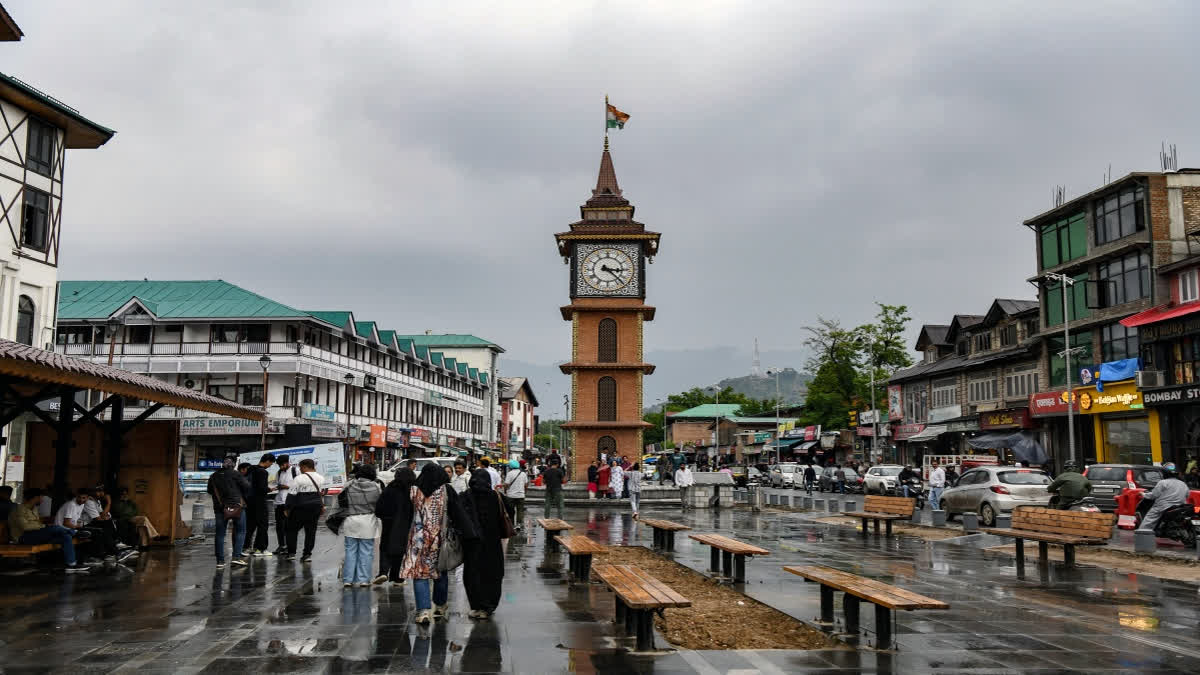New Delhi: October 26 marks a significant day in the history of Jammu and Kashmir, as it commemorates the Accession Day of the region to the Indian Union in 1947. This year, the observance of Jammu and Kashmir Accession Day has gained renewed importance as the people of the region reflect on their history, identity, and journey toward integration and development.
Celebrations across Jammu and Kashmir will focus on themes of unity, peace, and progress, encapsulating the spirit of togetherness that defines the region’s diverse culture.
Historical Context
The Accession Day commemorates the momentous event that transpired on October 26, 1947, when Maharaja Hari Singh, the then ruler of Jammu and Kashmir, signed the Instrument of Accession. This was a crucial step as it allowed Jammu and Kashmir to join the Indian Union amid the turmoil and conflict following the partition of India. The region, which had a distinct cultural and political landscape, faced an existential crisis as tribal invaders from Pakistan threatened its sovereignty.
Faced with the dire situation, the Maharaja sought military assistance from India and, in return, agreed to accede to India. This pivotal decision not only altered the political trajectory of Jammu and Kashmir but also laid the foundation for a complex and nuanced relationship between the state and the Indian government.
Significance of Accession Day
Accession Day is not merely a historical event; it holds immense significance for the people of the Union Territory. It serves as a reminder of their struggles and aspirations for peace, stability, and development. The day is marked by various activities, including flag hoisting, cultural programs, and discussions focusing on the region’s future.
The celebrations aim to reinforce the message of unity among the diverse communities that inhabit Jammu and Kashmir. Leaders and citizens alike emphasise the need for collaborative efforts to foster economic development, improve infrastructure, and promote social harmony. The observance of this day is seen as a commitment to preserving the region’s rich cultural heritage while embracing the benefits of being part of the Indian Union.
Events are being organised to showcase the artistic talents and traditions of Jammu and Kashmir, including music, dance, and culinary exhibitions that highlight the region's rich cultural tapestry.
In addition to cultural festivities, government officials and community leaders will engage in dialogues addressing contemporary issues facing the region. These discussions will focus on economic empowerment, youth engagement, and initiatives to enhance educational opportunities for the younger generation.
Government Initiatives and Development Programs
In the years following the revocation of Article 370 in August 2019, which granted special status to Jammu and Kashmir, the Centre has undertaken various initiatives aimed at integrating the region more closely with the rest of the country. These efforts include investment in infrastructure projects, enhancement of connectivity, and promotion of tourism.
The government’s focus on development is evident in its efforts to improve road and transport networks, expand educational institutions, and boost healthcare facilities.
Challenges and the Road Ahead
Despite the celebratory spirit, the observance of Accession Day also presents an opportunity to address the challenges faced by the region. Issues such as unemployment, youth disillusionment, and social tensions require urgent attention. Community leaders and government officials stress the importance of inclusive development that addresses these challenges while ensuring that the voices of all citizens are heard.
The journey toward unity and development is ongoing, and the Accession Day celebrations serve as a reminder of the collective responsibility of every stakeholder to contribute positively to the region’s future. It is crucial for all communities to come together, fostering an environment of peace and cooperation.



